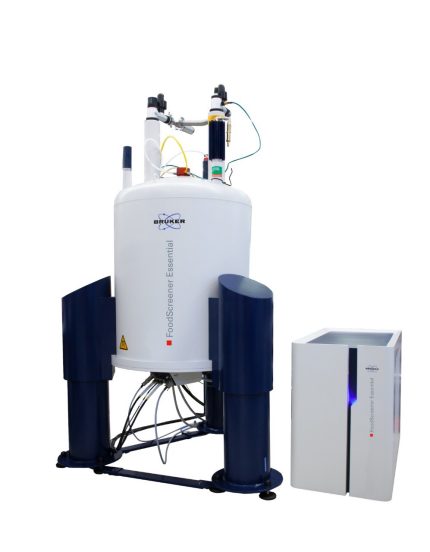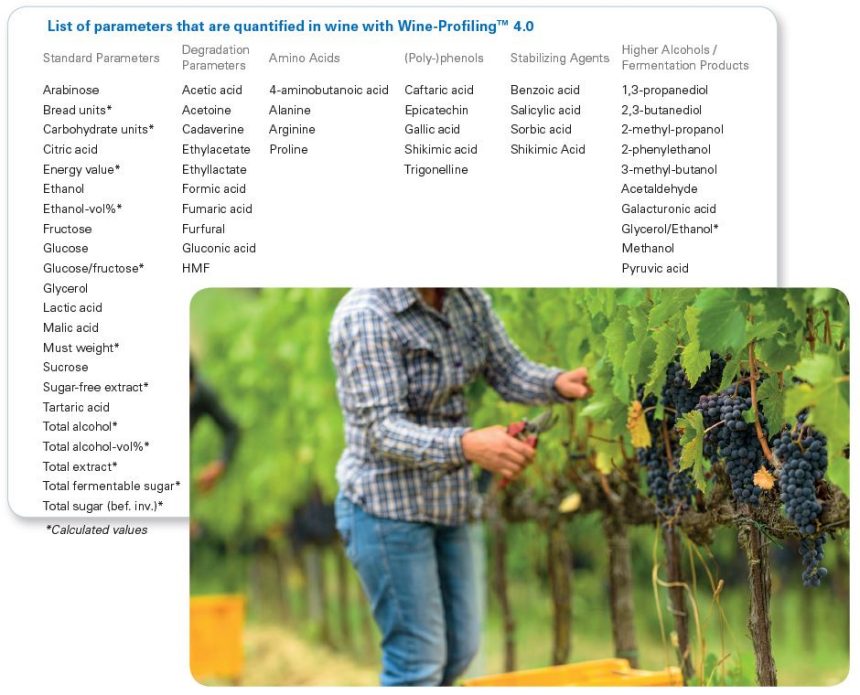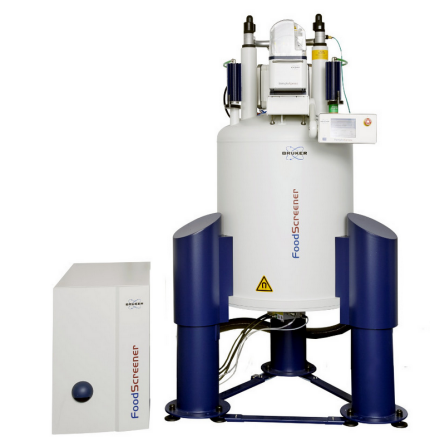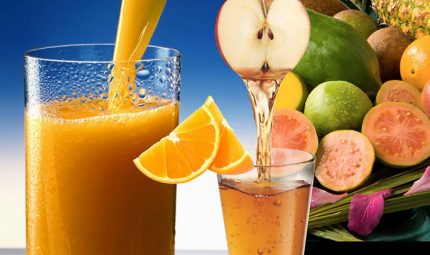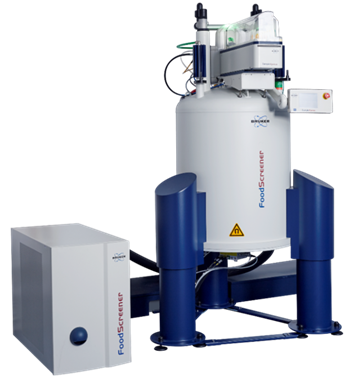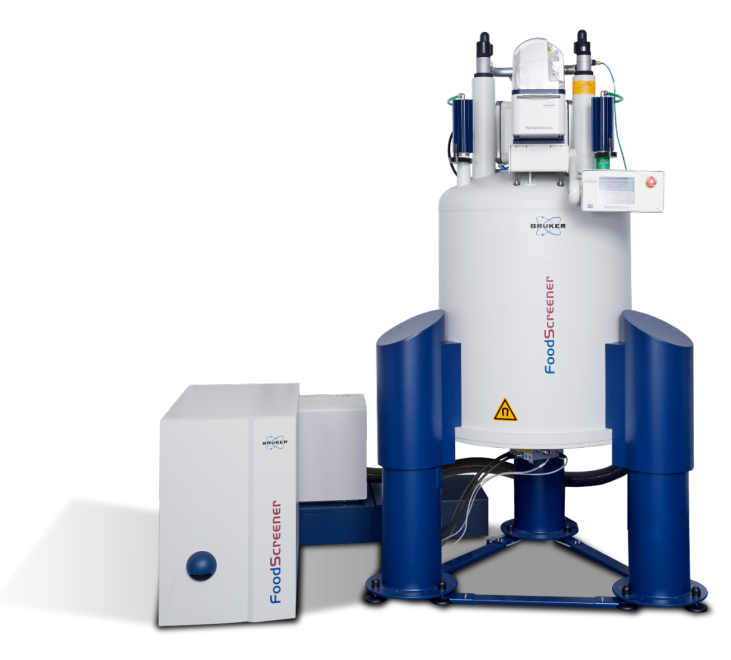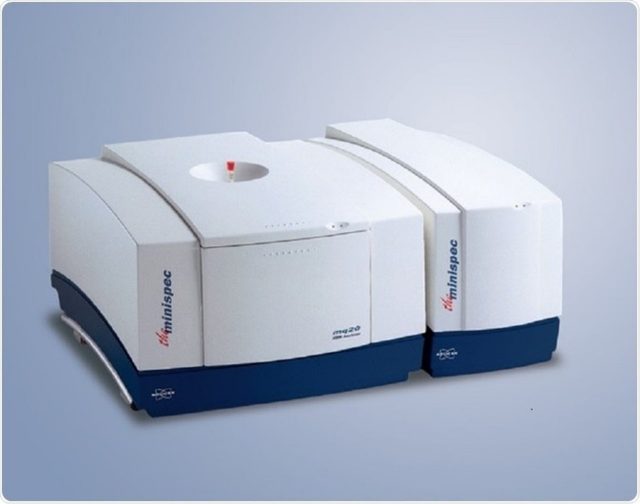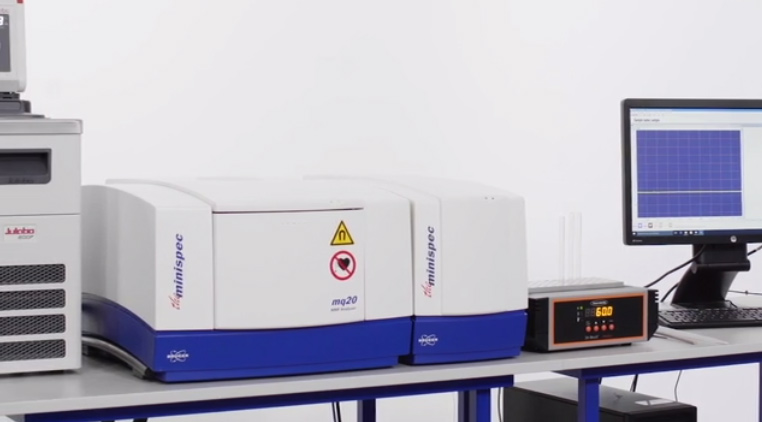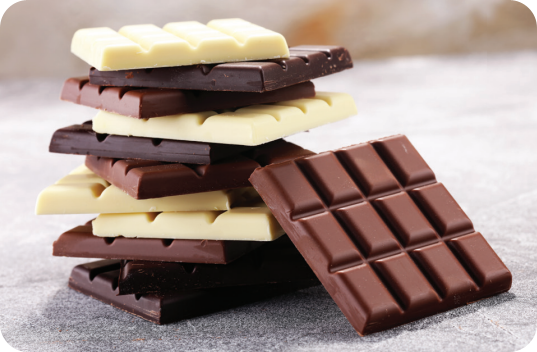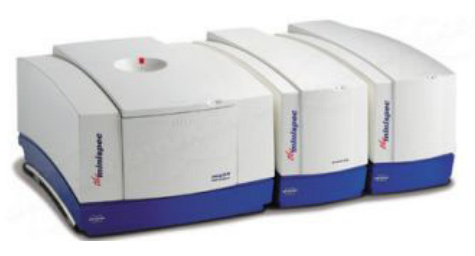NMR & EPR FOOD ANALYSIS SOLUTIONS
Strengthen your brand’s image and ensure your product’s quality with NMR-based Honey-Profiling from Bruker.
Origin and authenticity of food products are gaining more and more attention, with consumers demanding more information about where their honey comes from. As a high value product used in food, medicine, and cosmetics, honey is particularly vulnerable to adulteration. Honey fraud has devastating economic consequences for beekeepers producing authentic honey, as it is responsible for the fall in global raw honey prices, while costs of production have substantially increased. A declining beekeeping industry is also potentially a huge threat to global food security, as bees are essential pollinators. Methods of honey adulteration are complex and constantly evolving. Honey must be routinely tested at different stages of the supply chain in order to ensure quality and verify that the product is authentic.
This requires the use of advanced analytical methods that are not easy to counterfeit. As a response, more and more beekeepers and honey packers around the world are adopting the NMR-based Honey-Profiling method in order to strengthen their premium brand image by selling honeys tested by nuclear magnetic resonance (NMR). This process protects stakeholders, builds trust between producers and wholesalers, and helps maintain consumer confidence in brands. NMR is also recognized as a powerful method by government agencies, in the global fight against food fraud and unfair competition
Fraud in the Wine Industry
While in recent years, wine consumption has decreased, consumers still perceive wine as a natural and authentic beverage. The trend is showing that while consumption is down, revenue is stable. Meaning that people are spending more for better quality wine. The main criteria among consumers in choosing a quality wine are the region, followed by the denomination of origin, and finally the grape variety, to the detriment of the wine grower. Therefore, the incentive to defraud wine and increase profit is high. Unfortunately, the detection of fraudulent wine related to false DO declarations, regions or grape varieties has been very challenging due to a lack of analytical methods available. The consequences of wine fraud are devastating for the wine growers because they erode the consumers’ confidence in DO, regions or grape varietals, leading to a plummet in sales. Bruker’s Wine-Profiling solution is an innovative and powerful way to detect and prevent wine fraud.
Features
- Comprehensive screening of authenticity in one method.
- Analysis takes 20 minutes
- Fully automated method, no NMR expertise is required.
- The comprehensive and robust database of reference wines covers many origins and grape varieties. It was developed in partnership with WinespinAnalytics, Eurofins Analytics France and Estación Enológica de Haro.
- ISO17025-18 accreditation. The Bruker BAS laboratory is accredited for WineProfiling 4.0, guaranteeing extensive validation of all the underlying tests.
- The method complies to the official OIV proton NMR (1H NMR) method for quantification of six key parameters in wine – glucose, malic acid, acetic acid, fumaric acid, shikimic acid and sorbic acid - included in the over 50 compounds that the Wine-Profiling 4.0 can quantify for quality control purpose.
SGF Profiling™ is an NMR-based screening method for fruit juices which has been developed in a joint effort by Bruker BioSpin GmbH and SGF International e.V. For each fruit juice a multitude of parameters related to quality and authenticity is evaluated simultaneously from a single data set acquired within a few minutes.
Origin and authenticity of food products is gaining in popularity, with consumers demanding more information about where their olive oil comes from. Olive Oil is one of the most adulterated food products worldwide. Therefore, Bruker developed the Olive Oil-Profiling™ 2.0 method and solution for the authenticity and quality analysis of olive oil.
This product expands Bruker’s Food-Profiling solutions portfolio and is offered on two platforms:
On the well-established FoodScreener instrument and on the low field and cryogen-free Fourier 80 benchtop system. These two platforms address the different requirements of the olive oil industry, private testing laboratories and government laboratories.
The FoodScreener is the ideal solution for private testing laboratories and governmental laboratories, for the analysis of different food matrices. The FoodScreener allows the incorporation of various Bruker Food-Profiling solutions in one system.
The Fourier 80 benchtop system is particularly adapted to olive oil bottlers, testing laboratories dedicated to the analysis of olive oil, as well as satellite laboratories of larger private testing laboratories.
Beer Freshness (EPR)
Only method to measure how materials, process design and operations can damage or optimize beer freshness throughout the entire beer production cycle.
Solid Fat Content Determination
Minispec mq series SFC Analyzer (field-upgradeable)
Overview
Bruker is the No. 1 source of Benchtop NMR Analyzers for Solid Fat Content (SFC). While the mq-one SFC Analyzer provides the best possible price- and footprint-to-performance ratio, the mq series offers a field-upgradeable SFC Analyzer. Field-upgradeable refers to as upgrade to important QC applications like the total fat determination as well as the droplet-size determination of dairy products like mayonnaise and margarine.
Bruker minispec systems are calibrated with uniform methods to guarantee trustable results that can be compared with other factories around the world.
The NMR method is the only officially approved method for SFC determination. It is superior to the tedious and time-consuming method of dilatometry, which is used to derive the Solid Fat Index (SFI) values. Further, the SFC determination by NMR is by far more accurate over NIR (near-infrared) applications and thus the choice for the QC lab:
Dynamic Fat Crystallization
For manufacturers who need to make timely decisions on the quality of fat ingredients used in their products, Bruker now offers a new method for the characterization of crystallization in less than two hours.
Overview
The crystallization of fats such as cocoa butter, an ingredient in chocolate and many confectionery products, is important to understand as it directly affects the quality and appearance of the final product. Crystallization can be affected by processing and even storage conditions, and current methods of measurement can take up to forty-four hours including sample preparation.
Total Fat and Moisture
Total Fat and Moisture by TD-NMR measured in a few seconds with minimum calibration efforts
Overview
The analysis of total fat and moisture by TD-NMR is as easy as inserting the non-grinded sample into an empty tube, weighing the sample, and insertion of the sample tube into the minispec machine. A couple of seconds later accurate and reliable results for percent total fat and moisture will be displayed.
This traditional TD-NMR standard method works fine for a big range of samples, like food and feed, seeds, press cake and residues, single seeds and corn, but also for medical powders and tablets, chemicals like sulfur, polymers, and others.
In the food area chocolate must be mentioned in the first place, as well as milk or baking powders. But this NMR method is also applied to crisps/chips and other non-homogeneous samples. The NMR system screens all the hydrogen nuclei, on the surface but also in the center of the sample and everywhere. The moisture content in all those samples should not exceed a certain limit, i.e. moisture should be present in the sample as bound water. For samples exhibiting high water content, another NMR pulse sequence, and different data evaluation (multivariate analysis) has to be applied.
minispec Droplet Size Analyzer 2.0
New TD-NMR solution for Droplet Size Analysis - Introducing GoScan for minispec and improved data analysis
Overview
The Bruker minispec provides fast and accurate analysis of droplet size distribution, giving manufacturers important information about emulsion stability, control release, and rheological properties.
The droplet size distribution in emulsions of water in oil (and oil in water) influences the taste, smell, appearance, and microbial stability of foods such as margarine, butter, mayonnaise, salad dressing, and soft cheese.
In the cosmetic industry, the droplet size distribution contributes to a better understanding of the relationship between emulsifying process and long-term emulsion stability.
The new Droplet Size Analyzer 2.0 introduces a completely new user interface, GoScan for minispec, with the possibility to characterize multimodal droplet size distribution, and further improve the results for unimodal distributions where a lognormal shape is assumed.
Seeds Analyzer
The Analyzer for your Oil and Moisture Analysis in Seeds and Nuts
Overview
The mq-one Seed Analyzer offers ease of calibration and measurement with utmost reliability. Thanks to the all-in-one design of the mq-one, both the long- and short-term stabilities could be improved.
Based on Bruker's experience, in the case of large and inhomogeneous seeds like Sunflower seeds, we recommend our high-sensitivity, high-volume mq7.5 Large Seed Analyzer.
Seed Breeding programs are supported by our minispec mq40 system.
